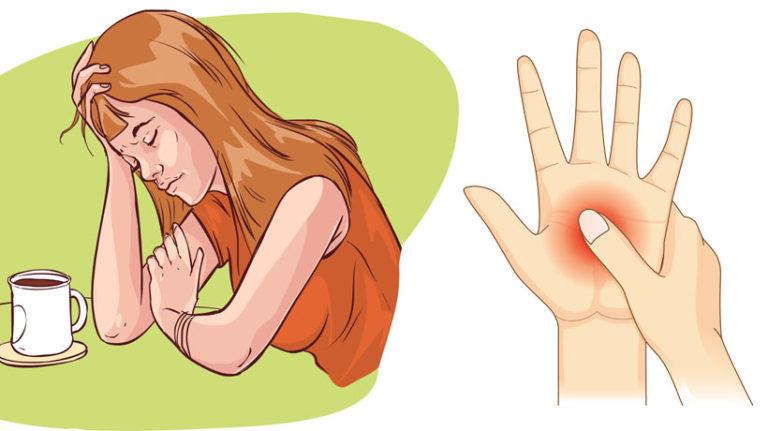There are many nutrients that are paramount for general health. It is possible to get most of them from balanced eating, but the typical modern diet lacks several very important nutrients. If you’re up to date with our articles, you might’ve already seen the signs that you’re lacking essential vitamins. But what about the other important nutrients? Today, we tackle the important minerals that your body might be missing and the symptoms that you’re getting inadequate amounts.
Minerals are specific kinds of nutrients that your body needs in order to function properly. A mineral deficiency occurs when your body doesn’t obtain or absorb enough of the substance. There are five main categories of mineral deficiency: calcium, iron, magnesium, potassium, and zinc.
Decreased bone mineral density
A prolonged lack of calcium can lead to decreased bone mineral density called osteopenia. If left untreated, the condition can turn into the more severe osteoporosis, which increases the risk of bone fractures in older adults. As well as being needed for strong bones and teeth, calcium also supports proper function of your blood vessels, muscles, nerves, and hormones. Other symptoms of a calcium deficiency include cramping of the muscles, numbness, tingling in the fingers, fatigue, poor appetite and irregular heart rhythms.
Anemia
Anemia, a condition in which blood lacks adequate healthy red blood cells, is commonly caused by an iron deficiency. Without enough of the mineral, the body cannot produce enough hemoglobin, a substance in red blood cells that enables them to carry oxygen. As a result, iron deficiency anemia may leave you tired and short of breath.
Fatigue and nausea
The body needs magnesium for a slew of chemical reactions, so when levels are low, basic bodily functions will begin to break down. These tasks include responses that control blood glucose levels and pressure, proper function of muscles, nerves and the brain, energy metabolism and protein production. Early signs of magnesium deficiency can be fatigue, weakness, loss of appetite, nausea and vomiting. If left untreated, symptoms include numbness, tingling, muscle cramps, seizures and abnormal heart rhythms.
Constipation
Constipation, bloating, cramping and abdominal pain are all signs your body needs more potassium. The mineral is required for muscle contraction, proper heart function, transmission of nerve signals and conversion of carbohydrates into energy. Severe potassium deficiency can cause paralysis of the muscles or irregular heart rhythms that may be lethal.
Impaired ability to fight infections and heal wounds
Zinc plays a role in many aspects of the body, but most noticeably, the mineral is needed to successfully fight off infections and heal wounds. A deficiency can also result in loss of appetite, taste and smell, slowed growth, diarrhea, loss of hair and impotence.
Contact a medical professional if you’re experiencing any of these five major symptoms. They might be a sign of a mineral deficiency or another health condition.
Sources:
https://www.healthline.com/health/mineral-deficiency
https://www.mayoclinic.org/diseases-conditions/iron-deficiency-anemia/symptoms-causes/syc-20355034



